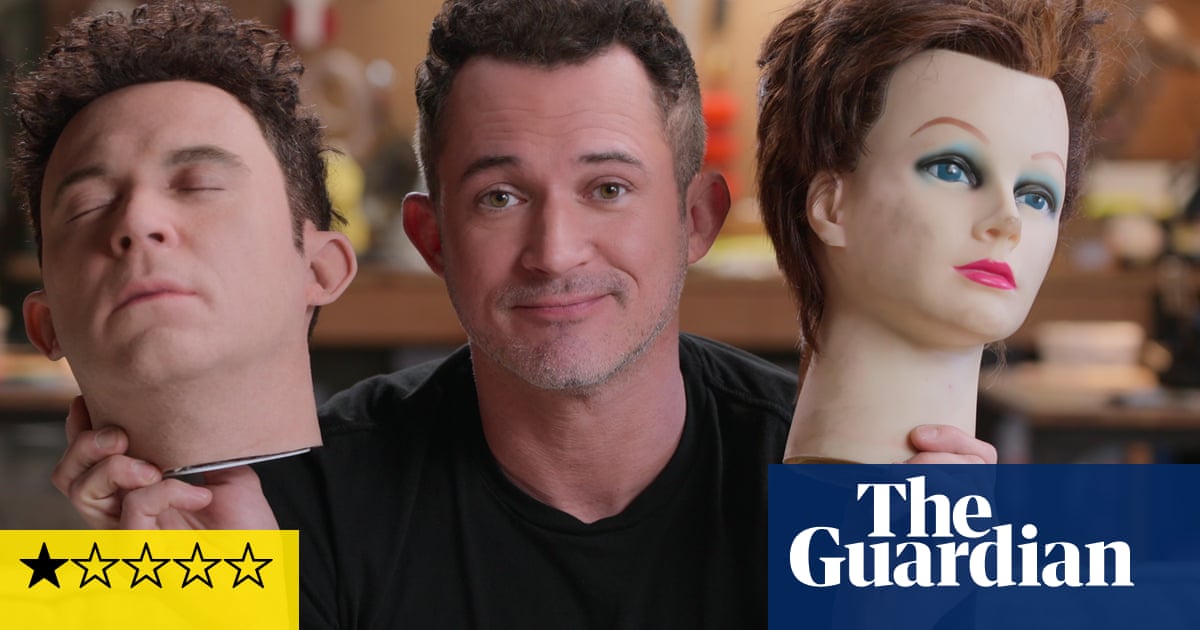
You know how Brian May is now an animal activist – specialising in badgers and the necessity or otherwise of culling them – as well as an astrophysicist and the guitarist with Queen? In case you didn’t, I’ll just give you a moment to get yourself up to speed – OK? World recalibrated? Jolly good.
Well, Brian May: The Badgers, the Farmers and Me concentrates, unsurprisingly, on the badgery side of his career. May tells us he has never been convinced by the government’s insistence that the creatures are responsible for the spread of bovine TB, which requires the slaughter of any infected cattle – about 20,000 a year – with all the ramifications for the farmers that losing animals they care for involves.
The culling of the badgers themselves, of course, has been going on for about 20 years. And never without controversy, because there have always been those advocating for vaccinating rather than killing the animals (officially a protected species), but always with the backing of those most directly affected: the farmers. About 200,000 badgers have been killed in the last decade and the endeavour costs the taxpayer around £100m a year.
May believes that badgers cannot be the main source of transmission for bovine TB and sets out to prove it with the help of Anne Brummer, his co-founder of the animal welfare charity the Save Me Trust, and large-animal vet Dave Sibley. May is such a gently spoken, thoughtful man that as they begin their four-year investigation into the matter on Robert Reed’s infected farm in Wales, various bits of astonishing information almost slip past without you noticing. Such as the fact that the TB tests the government requires cows to have are rubbish. They only identify about 50% of infected animals. The seemingly healthy rest are therefore free to infect and reinfect others. Reed’s cows are given better tests and all the infected are found.
But does infected mean infectious and if so, how? Yes, but only in dung, is the answer. Dung that is often spread on crops then eaten by cows, or on their grazing land or – get this – on the grazing land of other farmers’ cows. And the slugs and snails that share the land, they get eaten by badgers. Better hygiene practices are instituted at the farm, they keep using the good tests and the herd becomes free of disease.
The larger question of why it is being left to Queen’s guitarist and his friends to perform what seems to be a relatively simple, if time-consuming, experiment is never answered. It is a film very light on detail, such as whether the more effectual tests are prohibitively expensive (it seems unlikely given the consequent costs of the crap ones, but we need to know one way or the other), and I would like to know whether it hasn’t always been a good idea to keep your cows’ food and water as free of slurry as possible. Also, when it is explained that cows cannot simply be vaccinated against the pathogen because then they would react as if infected and need to be slaughtered, you can’t help but wonder if this is not a deeply solvable problem of bureaucracy or if there is some scientific way to tell the immune from the infected?
Still, the film undoubtedly does the job May intends it to. And that is not to persuade everyone, immediately, of the utter righteousness of his anti-culling stance (he is far too equable for that) but to introduce doubt, possibility and space for considering that there might be a better way to help farmers and not destroy any more animals than we absolutely have to. It is so reasoned and reasonable that it feels like a revolutionary act.
Brian May: The Badgers, the Farmers and Me aired on BBC Two and is now on iPlayer.












